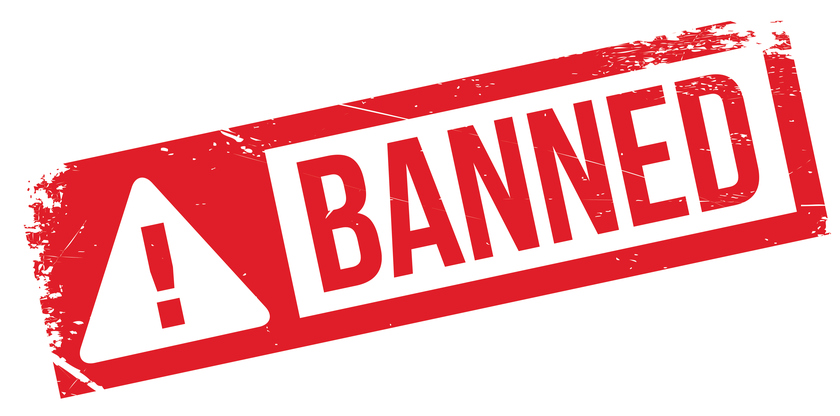Home » Uncategorised »
Councils Encouraged to make Blacklist of Landlords and Agents Public
This article is an external press release originally published on the Landlord News website, which has now been migrated to the Just Landlords blog.

Councils are being encouraged to name and shame any landlords or letting agents who are included in the new blacklist of rogue operators, following new Government guidance.
The guidance, which is non-statutory, appears to have been issued to counter criticisms that the new blacklist of rogue landlords and agents will not be available to members of the public or to prospective employers within the industry.
The Chief Executive of ARLA Propertymark (the Association of Residential Letting Agents), David Cox, says that the secrecy of the blacklist makes it pointless.
However, the new guidance says: “We would encourage local housing authorities to make successful banning orders for individual landlords [and agents] public.
“They will wish to consider how to publish details of successful banning orders, including the names of individual landlords, at a local level.
“Many local housing authorities already publicise successful prosecutions of rogue landlords through the local press.
“A local housing authority should take their own legal advice and consider their own local circumstances in determining whether banning orders should be publicised, but we would encourage them to do so.”

Councils Encouraged to make Blacklist of Landlords and Agents Public
The guidance goes on to say specifically that any letting agency that has been subject to a banning order “can be named publicly. We would encourage local housing authorities to publicise the names of all business that are subject to a banning order”.
It also says that housing authorities should make information on banned landlords available on request by a tenant. It is not clear whether this also applies to agents.
While the Government has issued this new guidance, it still means that there is no public access to the blacklist. Instead, members of the public and agency employers wanting to check out prospective new landlords/agents will have to search newspaper reports and press releases.
Banning orders can be appealed and, in some cases, delayed, in order to allow agents to wind down their businesses.
Read the full guidance from the Government here.
The Founder and CEO of online estate agent Emoov, Russell Quirk, seems supportive of the new system: “A welcome introduction from the Government and one that will hopefully go some way in improving the rental sector, not only for tenants, but also for those landlords that abide by the rules.
“Despite changes to buy-to-let Stamp Duty, the UK rental market remains a very lucrative business and, while many landlords are operating legitimately within the sector, there are those that continue to provide inadequate living conditions while charging extortionate rents.”
He continues: “With more and more aspirational homeowners remaining resigned to the rental sector due to the ever-increasing cost of homeownership, it is important we do all we can to ensure this sector is operating appropriately and legally, and not taking advantage of those with no other choice but to rent.
“Those that do break the rules must be penalised and, hopefully, this latest legislation will not only do that, but make others think twice before committing the same offence.”
Dan Wilson Craw, the Director of tenant lobby group Generation Rent, believes that leaving responsibility of exposing rogue operators to the council is a bad step: “A new central database of criminal landlords, and powers to ban them from providing homes, is a massive step forward for the rental market. But, if tenants are to benefit, we need to be able to check if a prospective landlord has a criminal record. Rather than making this the responsibility of councils, as today’s announcement does, the Government could just open up the national database to the public. Proper naming and shaming will help tenants to avoid the criminals and also deter other landlords from cutting corners.”
Do you think that the blacklist will be successful, or should it be available to the public?



